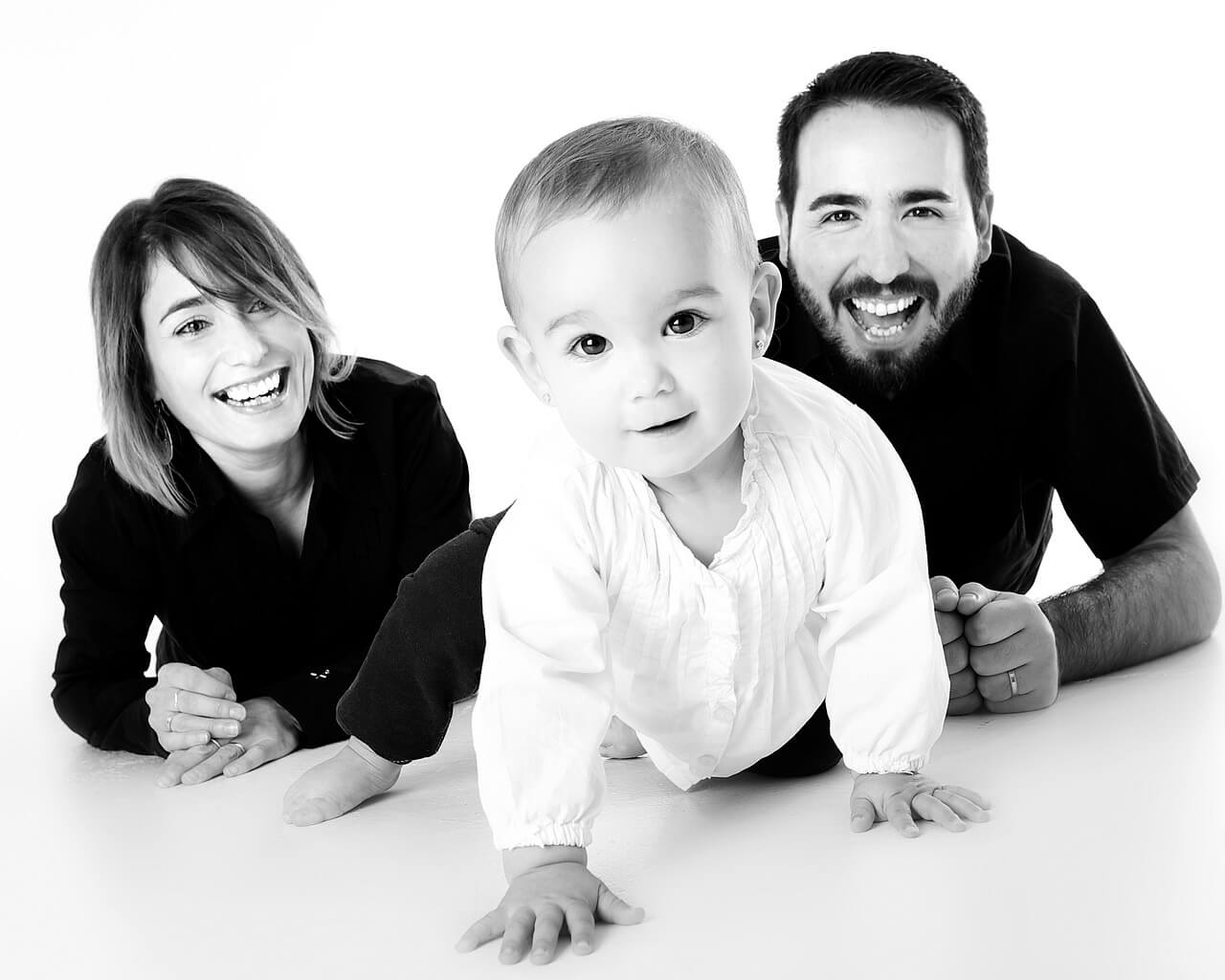Parenting Adult Children: Your Role as a Parent Isn't Over
Remember when your biggest worries were diaper changes and bedtime tantrums? Parenting adult children is like walking a tightrope – you want to be there for them, but you also need to let them spread their wings.
The Evolving Role of Parenting
 Parenting Adult Children - Woman waving with a smile and holding a box.
Parenting Adult Children - Woman waving with a smile and holding a box.- As your children transition into adulthood, your role becomes less about managing their lives and more about being their cheerleader, mentor, and safety net.
- It’s an exciting time filled with new opportunities for connection—but also new challenges.
Key Differences in Parenting Adult Children:
✅ Boundaries change: Adult children need autonomy, but they still value your advice. However, only offer advice when asked, not before.
✅ Your influence shifts: Instead of setting rules, you become a trusted guide.
✅ Communication evolves: Honest, open conversations replace the structure of childhood discipline. Show interest in their lives without prying.
The goal here is to support their journey without taking control of it.
Building Strong Relationships
The foundation of successfully parenting adult children is mutual respect. Your child may no longer need curfews or daily reminders, but they still need your emotional support.
Tips for Strengthening Bonds:
✅ Be a good listener: Let your child share their thoughts without interruption or judgment.
✅ Show interest in their life: Ask about their work, friends, and interests.
✅ Celebrate their milestones: Be their biggest cheerleader for life’s big and small moments.
✅ Keep communication open: Use texts, calls, or video chats to stay connected.
Your willingness to adapt your parenting style can make all the difference.
Respecting Boundaries
Adult children need room to grow. They’ll make mistakes, take risks, and sometimes choose paths you wouldn’t have picked for them. And that’s okay.
How to Respect Their Space:
✅ Avoid unsolicited advice: Offer guidance only when asked.
✅ Support their independence: Encourage them to make their own decisions.
✅ Practice acceptance: Embrace their choices, even when they differ from yours.
By giving them freedom, you show trust in their ability to navigate adulthood.
Navigating Conflict When Parenting Adult Children
Even the strongest parent-child relationships face occasional friction. Conflicts can arise over career choices, relationships, or lifestyle decisions.
Strategies for Resolving Issues:
✅ Stay calm: Take a breath before reacting.
✅ Focus on the issue: Avoid rehashing past disagreements.
✅ Be empathetic: Try to understand their perspective.
✅ Apologize when necessary: Admitting when you’re wrong fosters mutual respect.
Sometimes, it’s best to just bite your tongue when your adult child makes a decision you don't agree with. Approaching conflict with kindness and patience keeps the relationship strong.
Supporting Without Enabling
 Man is graduating and his parents are there with him to celebrate. They are side by side with arms around each other and proud.
Man is graduating and his parents are there with him to celebrate. They are side by side with arms around each other and proud.One of the challenges of parenting adult children is knowing when to step in and when to step back.
It's tempting to want to solve all their problems, but sometimes the best thing we can do is let them figure things out on their own.
Here's how to be supportive without enabling:
✅ Offer emotional support rather than financial bailouts.
✅ Celebrate their independence and decision-making skills. In most cases, the best help is letting them handle it on their own.
✅ Be a sounding board, not a problem-solver. Guide them to find their own solutions.
✅ Encourage them to seek professional help when needed.
Staying Close Across Distances
If your adult child moves away, maintaining a strong connection can feel challenging. But distance doesn’t have to mean disconnection.
Tips for Staying Connected:
✅ Schedule regular check-ins: A weekly phone call or video chat works wonders.
✅ Plan visits: Make time to see each other when possible.
✅ Send thoughtful messages: A quick text or care package shows you’re thinking of them.
Consistency helps bridge the physical gap.
When to Offer Extra Support
Sometimes, adult children may struggle with life’s hurdles—like job loss, mental health challenges, or financial troubles. Knowing when to step in is crucial.
Signs They May Need Help:
✅ They seem unusually withdrawn or stressed.
✅ They ask for guidance or express feelings of overwhelm.
✅ Their behavior changes drastically.
If you’re concerned, approach the conversation gently. Let them know you’re there without judgment.
Embracing the Joys of Parenting Adult Children
Parenting adult children isn’t all about challenges—it’s full of rewards too! Watching your child build a career, form meaningful relationships, or start a family of their own can bring immense pride and joy.
Ways to Celebrate This Phase:
✅ Share hobbies: Find new ways to connect, like shared hobbies or interests.
✅ Create new traditions: Celebrate holidays or milestones in fresh ways.
✅ Enjoy the friendship: Focus on building a friendship with your adult child, by sharing your own experiences and vulnerabilities.
Cherish these moments and the unique relationship you now share. Learn from them – they have so much to teach us!
Dealing with the Empty Nest
It's okay to feel a mix of emotions – pride, sadness, excitement, and even a bit of fear, and you will, especially during the beginning of the empty nester syndrome.
Here are some ways to cope:
✅ Rediscover your own interests and passions.
✅ Strengthen your relationship with your partner.
✅ Stay connected with your children through regular check-ins.
✅ Embrace new technologies to keep in touch.
Parenting adult children offers a chance to reflect on your own growth as a parent.
No matter what stage of life your child is in, your love and guidance remain invaluable. Remember, our adult children are no longer kids, but they're still our babies at heart.
Parenting adult children is an ongoing journey, full of growth and connection—for both of you.




















